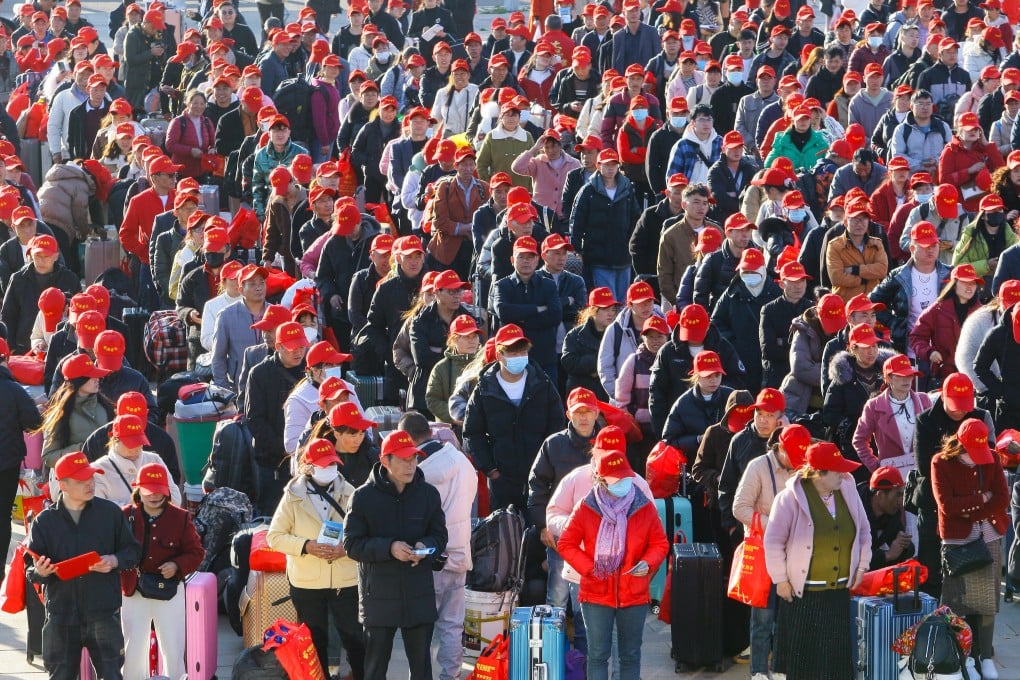Chinese cities ease residency requirements as ‘war for people’ heats up
City governments have adopted a ‘hukou for home’ strategy as the competition for talent intensifies

A fresh round of what has been called a “war for people” is spreading across China, with major cities taking it in turns to ease residency requirements amid stubbornly low fertility rates and an ongoing property market crisis.
Chengdu, a southwestern metropolis with a population of 17 million – twice that of New York, will allow migrants to change their residency status as long as they buy a home in the city, according to a plan the city government released for public comment this month.
A hukou registered in a major city has long been sought after, but it was previously difficult to obtain because the authorities in China used the rigid system to control population movement.
Chengdu’s potential policy change, with no planned implementation date yet announced, is the latest attempt at a “hukou for home” strategy adopted by city governments in the past couple of years as the competition for talent among localities becomes fiercer.
“The current competition is a continuation of the ‘war for talent’ that began in 2017 … cities must retain a certain scale of population to support modern industries such as finance and culture,” said Lu Mingtao, an associate professor of economics at Capital University of Economics and Business in Beijing.
